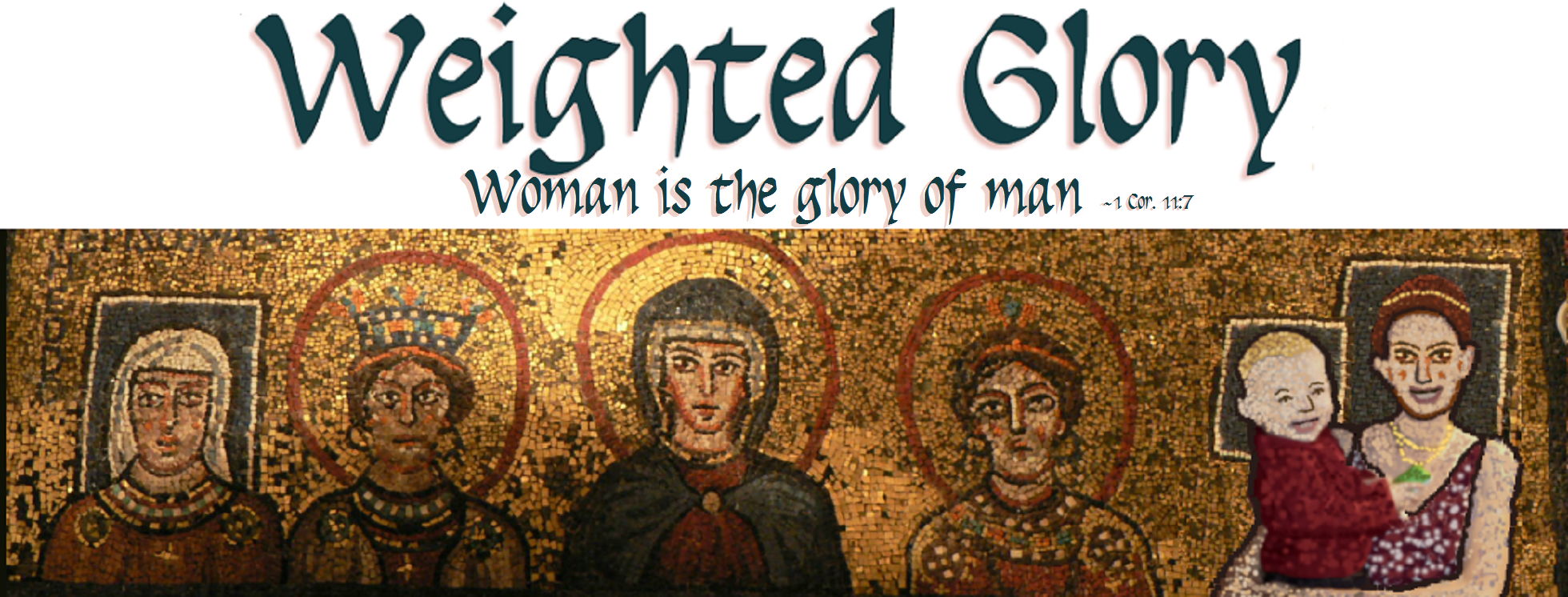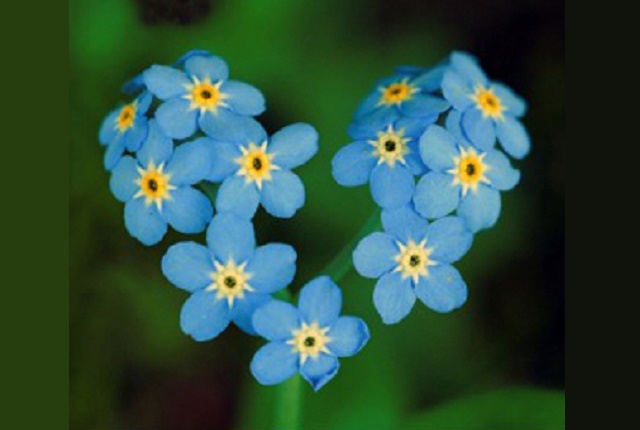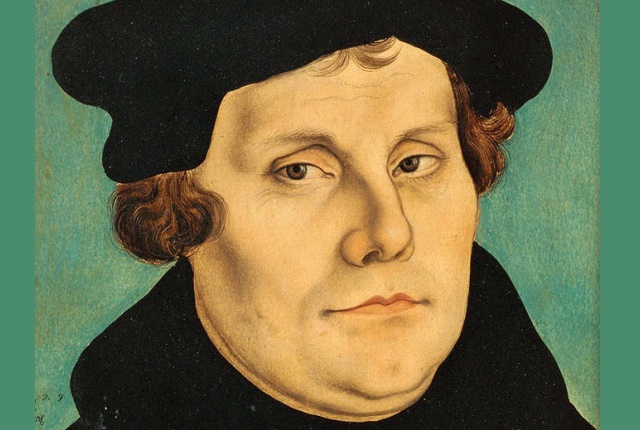Jesus Girls: True Tales of Growing Up Female and Evangelical by Hannah Faith Notess (editor)

[September 2009; reviewed 12-29-2009]
Jesus Girls: True Tales of Growing Up Female and Evangelical. The title made me think that the authors intended to spend most of their pages complaining about the treatment of women in evangelical Christianity, a “Festivus: Airing of Grievances” for evangelical and post-evangelical women. Here, I thought, I would find tales of heartache over bad teachings on submission, being silent in church, and hyper-modesty. Here attention would be given to how overwhelmingly androcentric evangelical thought, worship and life can be and how that can make women feel marginalized and undervalued. I could certainly sympathize with such a message, and perhaps my expectations say as much about my own biases as they do about evangelical culture in general.
The good news is, I was wrong. Delightfully, happily wrong. Jesus Girls provided a treat for the heart and soul quite unlike any work on evangelical Christianity I had ever read.
In the book’s introduction, editor Hannah Faith Notess lays out the concept of the “un-testimony.” Evangelical Christians are widely expected to develop a testimony narrative for which the basic formula is, “I was a sinner doing all kinds of awful things, I found Jesus, now life is better.” According to Notess, “The basic narrative of evangelical experience has survived virtually unchanged in this form for several centuries, longer if you count the famous conversion stories of Saints Paul and Augustine. When I was growing up, the best testimonies came from ex-angry young men, ex-drug addicts, ex-fornicators, et cetera. The more spectacularly wicked you had been, the better Jesus looked for having saved you.” (xi)
However, not everyone who comes into the fold of evangelicalism has such an experience, and often those who lack one feel out-of-place and forlorn. It is in that regard that Jesus Girlsis a volume of un-testimonies: stories of life as an evangelical Christian that do not follow the traditional formula.
The book is divided into five topics with four or five essays devoted to each: Community, Worship, Education, Gender & Sex, and Story & Identity, with a different author behind each essay. All sorts of backgrounds are covered, from Southern Baptist to African Methodist Episcopal to Mennonite, and there’s even an essay on Catholics which provides a beautiful example of Krister Stendahl’s “holy envy.” Not all of the essays come from those who are active evangelicals today. Some of them end with the author finding her way out of evangelicalism or out of Christianity altogether.
And what of those “women’s issues” I listed in my first paragraph? Well, they are covered. Some of the essays cover them more directly than others, such as “Feminist-in-Waiting” by Kimberly B. George or “The Journey toward Ordination” by Heather Baker Utley. More often the authors touch on them briefly in passing, though most of the essays make no mention of them at all. And hey, what volume by female evangelicals or post-evangelicals would be complete without mentioning a few of Elisabeth Elliot’s stinkers on gender and sexuality?
For the most part, however, Jesus Girls is not about women in evangelical Christianity. It’s about evangelical Christianity as seen through the eyes of women. These women are clever, they’re sassy, they’re innovative, and they know what good writing is. Back in April of 2007, when LDS filmmaker Richard Dutcher announced that he was leaving the Mormon faith, he complained that Mormon cinema too often gives the audience a “polite, remedial and not-so-factual recitation of Mormon History” when Mormon stories ought to be “the most powerful films on the face of the earth,” that “[v]iewers should leave those films weak in the knees, their minds reeling, their spirits soaring.” I’ve often (but not always) felt the same way about reading evangelical narratives: polite, remedial, and not-so-factual, when evangelical narratives ought to be some of the most powerful stories in the world. That’s why I’m so pleased to report that Jesus Girls serves up a robust helping of the latter. It made my mind reel and my spirit soar.
There’s no getting around the fact that this book highlights a number of evangelical Christianity’s failings, especially concerning its treatment of women. These failings are real and they are painful to ponder. However, I firmly believe that talking about these problems is the first step toward remedying them, and so Jesus Girls is commendable in that regard. Beyond its focus on problems and doubt, Jesus Girls still manages to provide a breathtaking glimpse of evangelical Christianity’s beauty. It is that beauty that continues to captivate me and keep me in the fold despite my own feelings of disappointment and doubt.
Whatever your interest in evangelical Christianity—whether you are an outsider who wishes to understand us better or an insider who is still defining the parameters of your own evangelical identity—if you fail to read Jesus Girls, you are missing a treat.
Grade: A
———————-
I especially want to thank the following authors, whose essays I enjoyed and empathized with the most:
Anne Dayton ~ “Going Way against the Flow” in Community
Nicole Sheets ~ “Keep the Feast” in Worship
Stephanie Tombari ~ “Heal Me” in Worship
Angie Romines ~ “Catholic Club” in Education
Kirsten Cruzen ~ “Surviving the Call to Missions” in Education
Audrey Molina ~ “Jesus Wants Me for a Comedian” in Education
Melanie Springer Mock ~ “Inventing a Testimony” in Story & Identity
Andrea Palpant Dilley ~ “Why Isn’t God like Eric Clapton?” in Story & Identity
Heather Baker Utley ~ “The Journey toward Ordination” in Story & Identity
(Originally posted at ClobberBlog)



